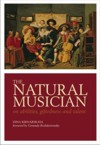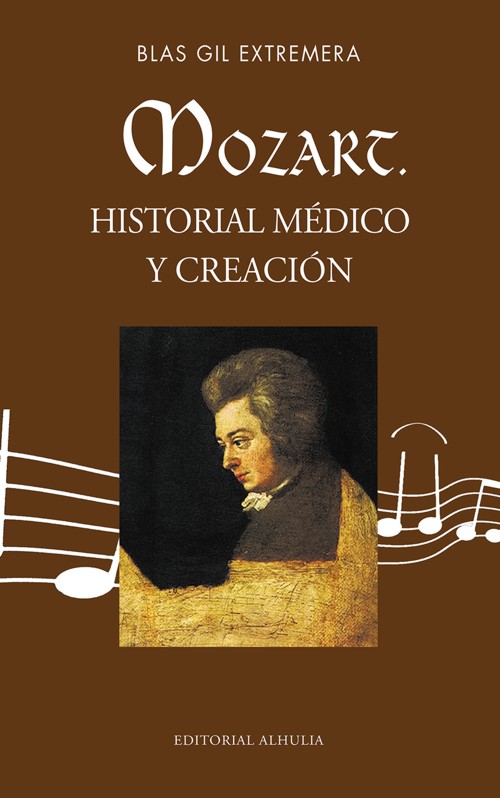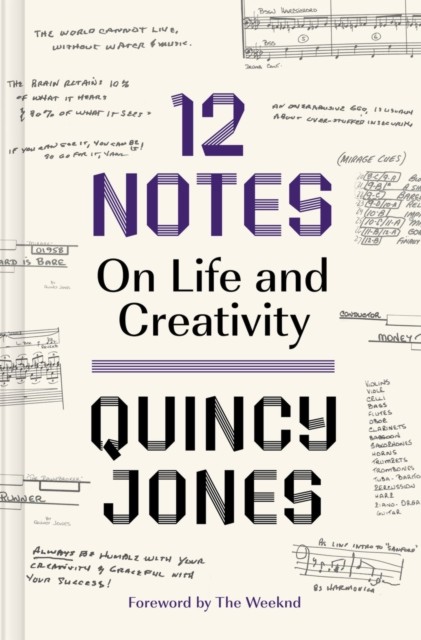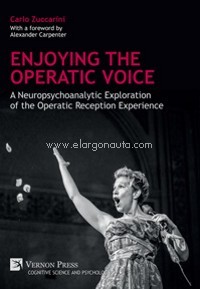
The Natural Musician. On abilities, giftedness, and talent
Kirnarskaya, Dina
Oxford University Press. 2009Ficha técnica
- EAN: 9780199560134
- ISBN: 978-0-19-956013-4
- Editorial: Oxford University Press
- Fecha de edición: 2009
- Encuadernación: Cartoné
- Dimensiones: 25x17
- Idioma: Inglés
- Nº páginas: 432
Impresión bajo demanda
Disponibilidad sujeta a la información del editorPVP. 138,50€
Añadir a la Lista de deseos
- Truly a tour de force. This is a thorough and compelling analysis of music and musical ability, written to be accessible to anyone with an interest in music
- Includes fascinating biographical studies of famous musicians and composers, alongside a review of the scientific literature
- Builds a unique model of musical talent, one that is testable, one that can be applied in the educational environment
One of the great mysteries of music is how it affects us in multitude of ways. Whether talking about our individual tastes as listeners, or individual differences as performers, what are the psychological qualities that can turn some people into great musicians, but not others? Is it down to genes, sheer hard work, or some other quality in the individual?
'The Natural Musician' is the story of how we become composers, performers, or just discriminating listeners. It searches for those psychological traits essential for turning one into a musician. Unlike many others, Kirnarskaya does believe in the existence of talent, but argues that it is due to multiplicative factors, which she describes, analyses, and shows how to test. She also sheds light on the essence and origins of perfect pitch, examines the triumphs and tortures of musical prodigies, and considers the implications of her theories for the teaching of music.
After a foreword from the legendary conductor, Gennady Rozhdestvensky the book looks at our basic musical faculties - how we perceive sounds, distinguish their pitch and structure, and recognise rhythm. It then examines the nature of musical empathy - what it is that allows us to perceive and emotionally connect with music. The second part of the book focuses on the creative processes behind writing music. The third section deals with music education, looking at the role of innate and inherited characteristics in the formation of talent, and considering why many who excel at an early age, burn out later on. The book ends exploring how musical development can shape the human brain, strengthening other cognitive faculties, including those unrelated to music.
This is a book that will fascinate anyone with an interest in music and musicians, from the fields of music psychology and education, to musicians themselves, whether amateur and professional.
CONTENIDO:
Foreword by Gennady Rozhdestvensky
Musical Abilities
The expressive ear for music
The sense of rhythm
The analytical ear
Musical Giftedness
The giftedness of the composer
The giftedness of the performer
The Structure of Musical Talent
The Education of the Musician
Musical talent and heredity
Teacher and pupil
The phenomenon of the musical wunderkind
Homo Musicus





